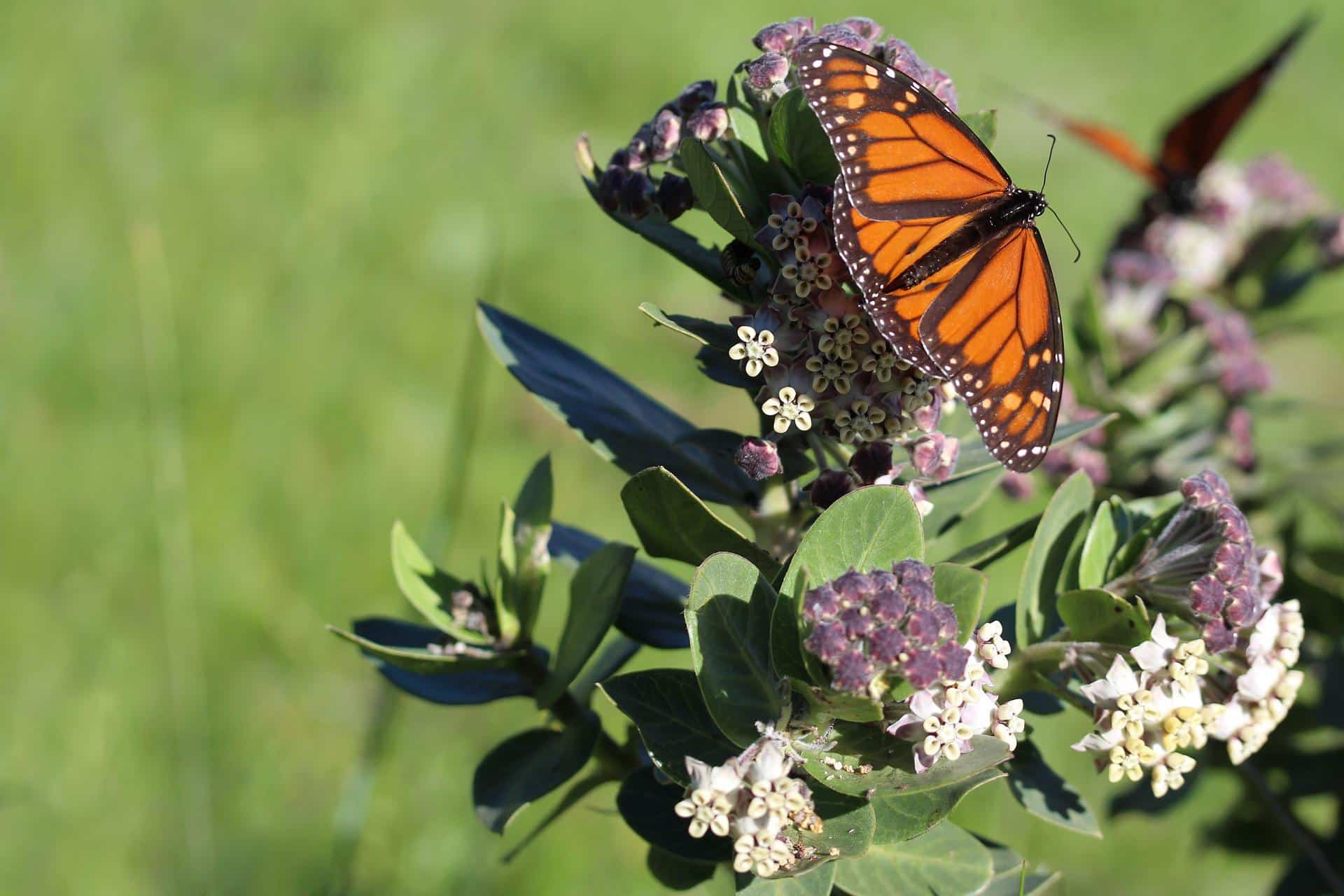
Take the Next Step to Protect Pollinators – Call for By-Law Modernization
By Beatrice Olivastri, CEO, Friends of the Earth
It is wonderful to hear about widespread citizens’ efforts to plant pollinator gardens and corridors. In equal measure, it is disturbing to hear about municipal enforcement of antiquated by-laws that allow enforcement officials to cut down naturalized gardens based on complaints.
A case in point is the recent London, Ontario experience of Susan McKee. With important pollinator policies accepted in its official plan, London missed the critical next step of modernizing applicable by-laws. Instead, in response to a complaint, an enforcement officer moved in with two guys and their weed wackers and wiped out 19 years of dedicated gardening to support pollinators.
Ms. McKee is not the first nor will she be the last gardener to suffer from enforcement of antiquated by-laws. London’s Official Plan says they will “Promote London as a pollinator sanctuary, considering how we can create and support environments that are conducive to pollinators in all of the planning and public works we are involved with, recognizing the important role that pollinators play in our long-term food security”. But they missed the critical next step to modernize the relevant by-laws.
Environmental lawyer, David Donnelly, successfully represented citizens with naturalized gardens facing antiquated by-law enforcement. He points to the precedent-setting case in 1996 when gardener (Sandra Bell) went to court to argue that her garden was an expression of her beliefs in environmentalism, and argued that her garden ought to be protected by her freedom of expression under s. 2(b) of the Canadian Charter of Rights and Freedoms. The Court agreed.
In his decision in the gardener’s favour, Justice Fairgrieve found that a section of a by-law dealing with excessive growth of weeds was void for vagueness and was, on that account, invalid and unenforceable. He also determined that the by-law had a direct effect on the appellant’s freedom of expression and, in his view, clearly violated s. 2(b) of the Charter.
The Justice also noted: “Moving to the second step of the test, determining whether the purpose or effect of the by-law is to restrict a person’s freedom of expression, I think it is apparent that one of the purposes of the by-law, indeed its primary purpose, is to impose on all property owners the conventional landscaping practices considered by most people to be desirable, and that one of its effects is to prevent naturalized gardens which reflect other, less conventional values”.
A decade and a half on from that decision, we know that pollinators are vital for our gardens and food crops. In fact, we know, globally, loss of habitat, the widespread use of pesticides and climate change have delivered an inspect apocalypse. Against that global reality, the City of London has it right when they say we need pollinator sanctuaries. They just need to take the next step and modernize by-laws that will let gardeners get on with their good work and skip the fines and court battles.
As our colleague John Bennett says, “Planting a pollinator garden shouldn’t be an act of civil disobedience. Gardeners like Susan (McKee) should be given awards not fines!
If you have invested your time and money in planting a pollinator garden, thank you! But don’t wait for the weed wackers to show up in your yard. I urge you to take the next step and check your municipality’s by-laws.
Friends of the Earth has shared Susan’s story across the country because many gardeners face the same challenge of antiquated by-laws. In addition to supporting Susan in restoring her garden, we’ve written London’s Planning and Environment Committee calling on them to quash her fine and bills and called on Friends of the Earth supporters to reach out to London.
Last week we received a wonderful barrage of advice on priorities for Friends of the Earth’s advocacy – the clear priority is to accelerate by-law modernization. There’s no time to lose as pollinator gardens across the country get wacked by by-law enforcers.
We’re looking for intelligence on the state of by-laws and pollinator policies across the country. If you can, please share information on your municipality. Once we have an overview or report card on by-law modernization, we’ll reach out to the group that all municipalities belong to – the Federation of Canadian Municipalities – urging them to provide support to members in updating by-laws, updating enforcement policies and training officers.
There’s a lot to do and we’re very glad there are so many resources and resource people with whom to work.
Check out these important resources:
The Ecological Design Lab at The Metropolitan University (TMU) has developed resources and reports on existing municipal bylaws and studied biodiversity best practices in cities. Led by Professor Nina-Marie Lister at TMU’s School of Urban and Regional Planning, it tests strategies, develops evidence-based next-generation practices, and finds tangible, solutions to sustainability and resilience, as we rethink, remake, reinvent and renew our relationship to nature in the city.
The Model Bylaw developed by Carly Murphy which was integral to the updated Toronto Grass and Weeds Bylaw in that residents no longer require an exemption to cultivate a natural garden.
A toolkit for municipalities to encourage and support biodiversity on both private and public property. It includes a self-diagnosis survey that local governments can use to identify whether and how their municipal codes and ordinances may prevent biodiverse naturalized spaces.
A FAQ resource to support understanding for how municipal property standards bylaws work and to identify some common barriers such bylaws may pose to natural gardens. This FAQ also offers advice on how to respond to bylaw enforcement constructively.




